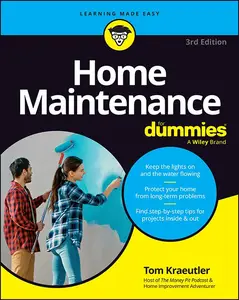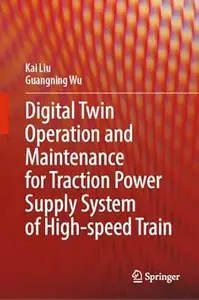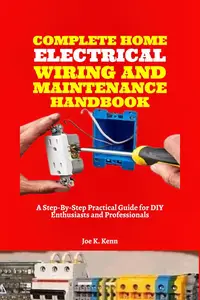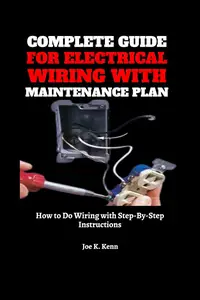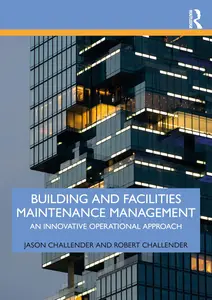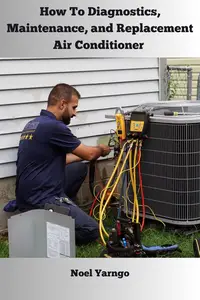 Free Download How To Diagnostics, Maintenance, and Replacement Air Conditioner by Noel Yarngo
Free Download How To Diagnostics, Maintenance, and Replacement Air Conditioner by Noel Yarngo
English | July 30, 2024 | ISBN: N/A | ASIN: B0DBP7LLMS | 120 pages | EPUB | 2.41 Mb
Heating and cooling energy use represents about 54% of all energy consumed in existing residential buildings. Field studies have shown that more than half of installed air conditioning (AC) systems have significant defects, and that proper maintenance of cooling systems can reduce their energy use by as much as 50%. Since the 1990s, an immense body of knowledge on the importance of proper maintenance of heating, ventilation, and air conditioning (HVAC) systems and the impact of defects has been accumulated, and research in this area is continuing. Though some of this information has found its way into standards and utility programs, general maintenance practices continue to miss details that could realize significant energy savings at minimal cost. This guideline targets home performance contractors who are relatively inexperienced with HVAC systems, HVAC technicians who can benefit from recent research on AC system faults and diagnostic methods, and program managers who may apply this information in structuring successful HVAC tune-up programs. Home performance contractors who are not attentive to air conditioner performance are missing the opportunity to deliver optimal energy savings to their customers. Systems that are not in obvious need of replacement may still perform far below their rated conditions. Although these systems are complicated, many faults that substantially degrade performance can be easily identified and in some cases corrected by the home performance contractor during the normal course of completing home inspections and duct testing. Little information is available on methods to diagnose systems and particularly to detect and discriminate between multiple faults such as inadequate airflow, incorrect charge, liquid line restrictions, evaporator and condenser coil fouling, and the presence of non-condensable refrigerant contaminants. While there has been some progress with development of computer diagnostic tools for use in utility programs, a systematic method is needed to detect and identify major system faults by field technicians who do not have access to these tools. This guideline provides information on the impact of various defects and the potential energy savings that can result from proper maintenance, and describes a two-step process for diagnosing and correcting faults. The first step involves a fundamental inspection and tests that can be completed by home performance contractors with BPI or similar training to identify or diagnose, and in some cases remediate, relatively non-technical problems such as low airflow and fouled condenser coils. The second step is designed to be implemented by experienced HVAC technicians and provides a systematic approach that can be used to identify system faults.
(more…)

